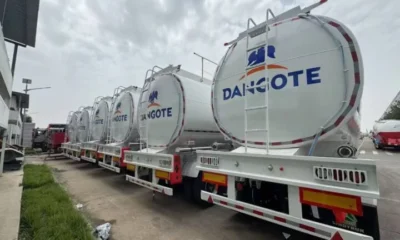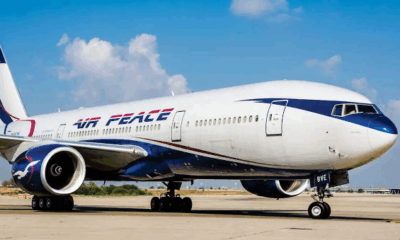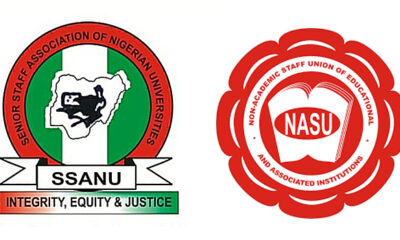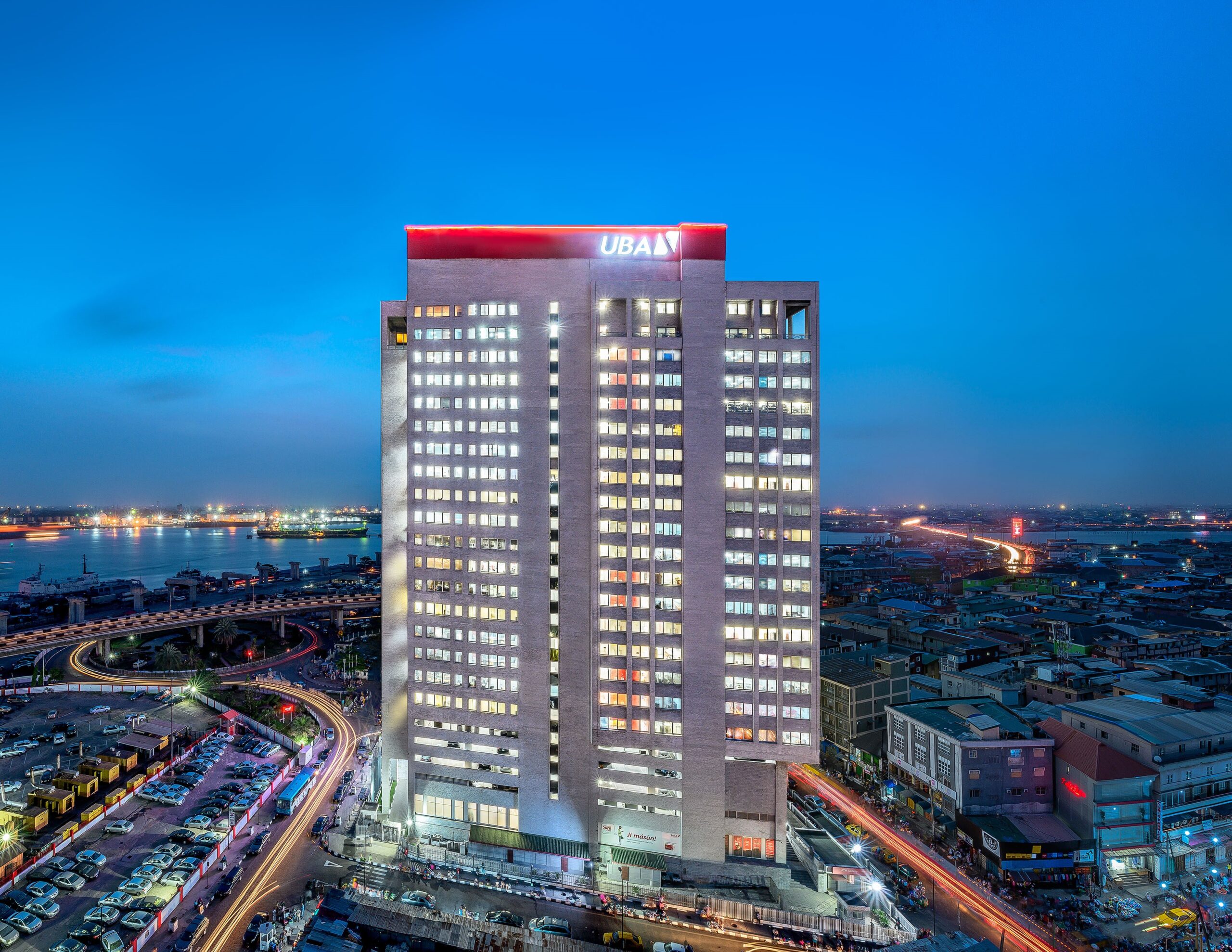Africa’s Global Bank, United Bank for Africa (UBA) Plc is set to make a bold statement on the global stage as it will be gathering world leaders, policymakers, and investors and other private sector players at the forthcoming 2025 United Nations General Assembly (UNGA).
This year’s gathering at the UNGA, which is the 80th Edition, will be held between September 15th and September 25th, and as always, UBA Group has mapped out series of engaging activities to spotlight Africa’s opportunities and foster high-level dialogue with global leaders towards boosting the continent’s potential.
A key part of the event, will be the UBA’s unveiling of a ground-breaking whitepaper that presents actionable strategies for unlocking Africa’s vast economic potential, as part of the bank’s mission to drive sustainable growth across the continent.
The whitepaper, a first-of-its-kind initiative by a leading African financial institution at UNGA, titled ‘Banking on Africa’s Future: Unlocking Capital and Partnerships for Sustainable Growth’, will highlight opportunities in trade, infrastructure, digital innovation, climate finance, and inclusive growth.
By providing a roadmap for collaboration between Africa and the global community, UBA aims to position the continent not just as a beneficiary of investment, but as a critical driver of future global prosperity.
Apart from the Whitepaper launch, other activities of the group will include the Business Council for International Understanding (BCIU) Roundtable to be hosted by UBA America, as well as the annual UBA Reception.
The reception will convene world leaders, policymakers, and influential business executives who will be involved in critical dialogues on investment and development across the continent.
UBA’s Group Chairman, Tony Elumelu, emphasized the strategic importance of these dialogues, explained that over the past few years, UBA has become an active leader in conversations and activities that will drive tangible investments to the continent.
“These conversations are fundamentally different from previous discussions because they will be followed by feasible and actionable decisions. UBA will actively work to implement these outcomes for the benefit of the continent, as committed partners in Africa’s development and sustainability,” Elumelu noted.
Continuing, he said, “’The United Nations General Assembly is the largest and most official gathering of world leaders, and we cannot let such an opportunity pass without major African players like UBA taking centre stage to bring these leaders together and showcase Africa’s potential.”
UBA’s Group Managing Director/Chief Executive Officer, Oliver Alawuba, who remarked on the upcoming event, especially the whitepaper’s significance, emphasized the need for more private organizations and players to demonstrate their commitment to the continent’s development through concrete action and proven capabilities.
United Bank for Africa is one of the largest employers in the financial sector on the African continent, with 25,000 employees group wide and serving over 45 million customers globally. Operating in twenty African countries and the United Kingdom, the United States of America, France and the United Arab Emirates, UBA provides retail, commercial and institutional banking services, leading financial inclusion and implementing cutting edge technology.

 BIG STORY2 days ago
BIG STORY2 days ago
 BIG STORY5 days ago
BIG STORY5 days ago
 BIG STORY5 days ago
BIG STORY5 days ago
 BIG STORY5 days ago
BIG STORY5 days ago
 BIG STORY15 hours ago
BIG STORY15 hours ago
 BIG STORY4 days ago
BIG STORY4 days ago
 BIG STORY2 days ago
BIG STORY2 days ago
 BIG STORY10 hours ago
BIG STORY10 hours ago













